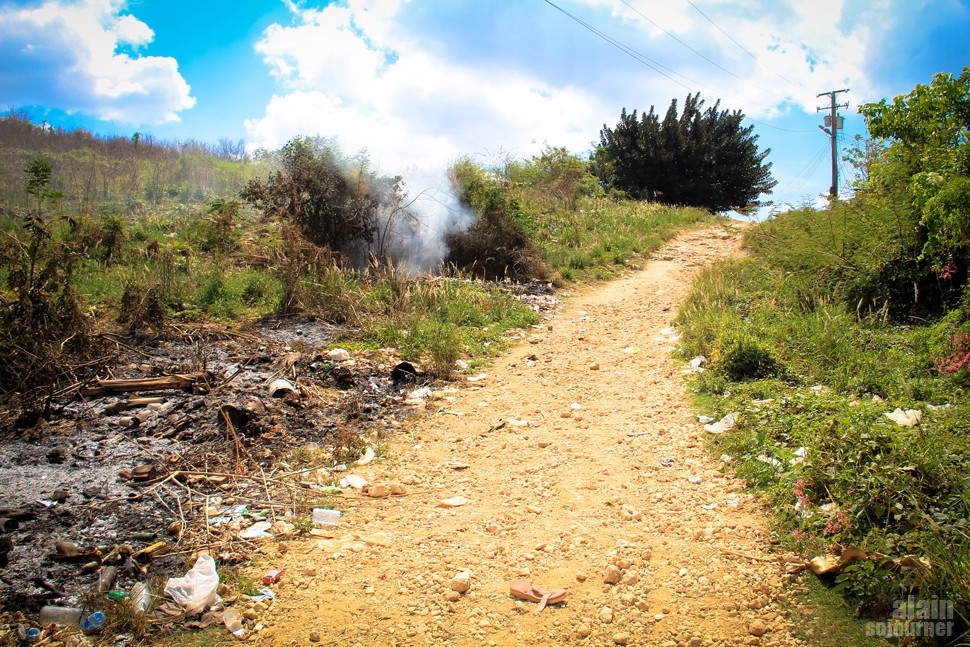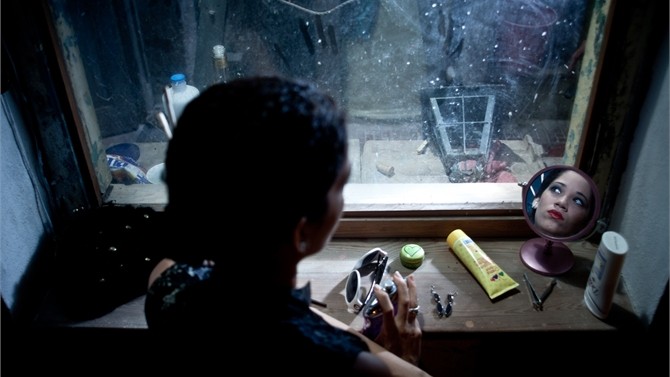In Cuba A Home of One s Own
Post on: 23 Апрель, 2015 No Comment

According to news accounts, Cubans lined up Thursday morning to buy newspapers that explained the biggest change to their economy in decades.
Cuba has created a private market for housing. Effective November 10, Cubans will have the right to buy and sell their homes at prices they set. While the government will collect a modest 4 percent tax at both ends of the transaction, this economic reform will have ripple effects for Cuban families and the Cuban economy that are far-reaching, irreversible, and real.
As Marc Frank wrote in the Financial Times :
The easing of restrictions on property ownership is likely to reshape Cuban cities, spur real estate development and speed renovation of Cuba’s picturesque but dilapidated housing stock. It is also expected to reconfigure Cuban conceptions of class as some homeowners cash in their properties and areas of Havana are gentrified.
Under the current system, Cuban housing has been in crisis. While Cubans were guaranteed places to live, the inability to buy and sell their properties curtailed mobility. Generations of families are crowded into homes, many run down, sometimes with divorced couples living together, because, as the Wall Street Journal succinctly said, there was nowhere else to go.
A decision to move from one house to another — which entailed informal efforts to locate properties that people were willing to trade and permission from the government — forced Cubans into grey market activities on one hand and into a cumbersome bureaucracy on the other.
What happens now is that all that bureaucracy and all that hassle will disappear, says Dr. Carlos Alzugaray Treto, a long-time diplomat and professor at the University of Havana, who explains in this interview what the new law means for Cubans.

The immediate benefits are clear. Cubans, especially those with family supporters abroad, will be able to invest in housing and renovate their homes, which will in turn create demand for construction and other services offered by the newly-legalized small businesses in Cuba, raising incomes and adding new private sector jobs. To say that it’s huge is an understatement, said Pedro Freyre, an expert in Cuban-American legal relations who teaches at Columbia Law School, in an interview with the New York Times .
President Obama, who has been responsible for incremental but positive reforms in U.S. policy toward Cuba, has time and again voiced his skepticism about the sweep and significance of the Cuban economic reform process, telling Spanish-speaking reporters in September this year: We have not seen evidence they have been sufficiently aggressive in changing their policies economically.
That depends on what your definition of sufficiently aggressive might be. If it means Cuba must completely undo its economic and political system as required by the Helms-Burton law, we need not hold our breath. Cuba is not going to do that.
But if it means creating private markets in housing for the first time since the revolution, giving Cubans the pride that comes with owning and fixing up their own homes, opening opportunities for capital formation, establishing clear regulations and liberties under the Rule of Law through organic changes that come from within, all of which give Cubans the opportunity to lead more prosperous and independent lives, we think the President of the United States ought to applaud and acknowledge that.














